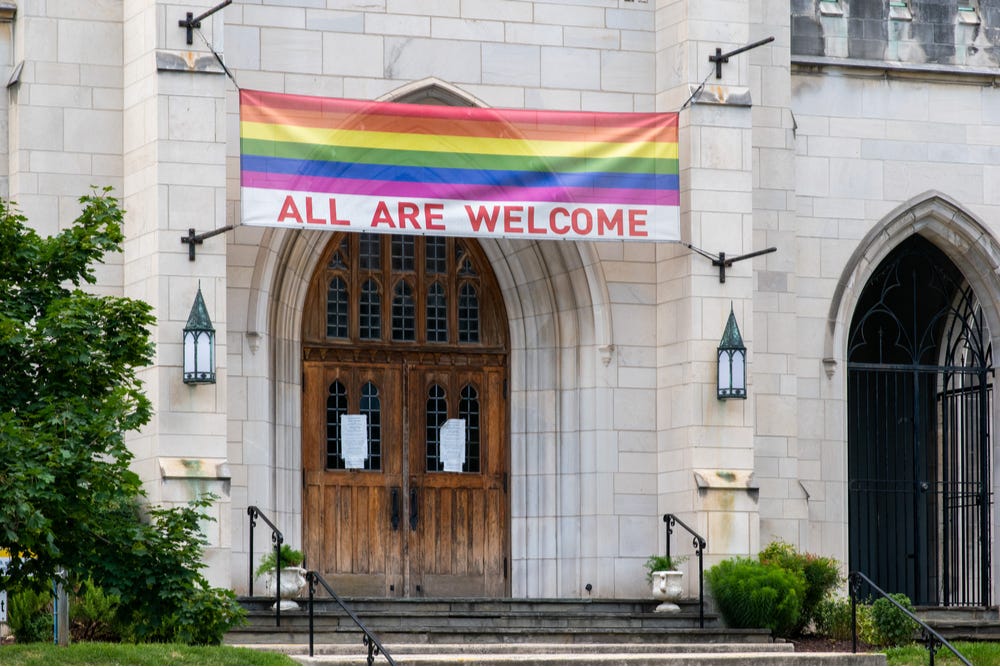#25) Organized Religion and LGBTQ Families
We continue our series on different aspects of coming out
This week we’re going to continue our series on different aspects of coming out, with a discussion on organized religion. I want to say up front that this is an extremely difficult and treacherous topic to cover. Religion can be a very powerful, and in some instances, harmful institution to the LGBTQ community. I will endeavor not to insult anyone’s religion of practice or upbringing. Rather, I am hoping to simply share my observations and experiences, as part of Generation X in the LGBTQ community.
Keep reading with a 7-day free trial
Subscribe to Straight to Gay to keep reading this post and get 7 days of free access to the full post archives.




